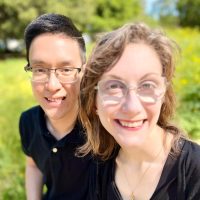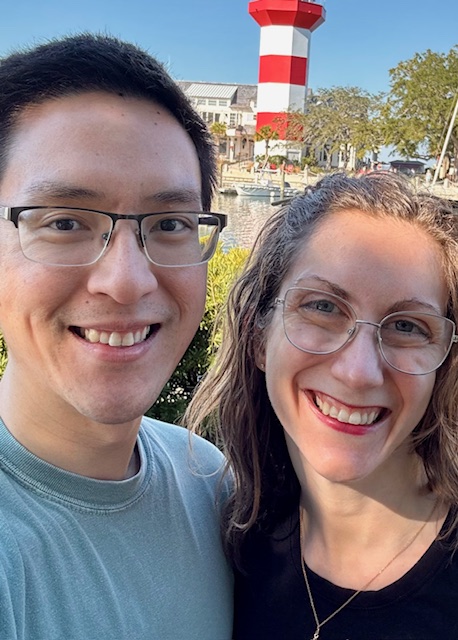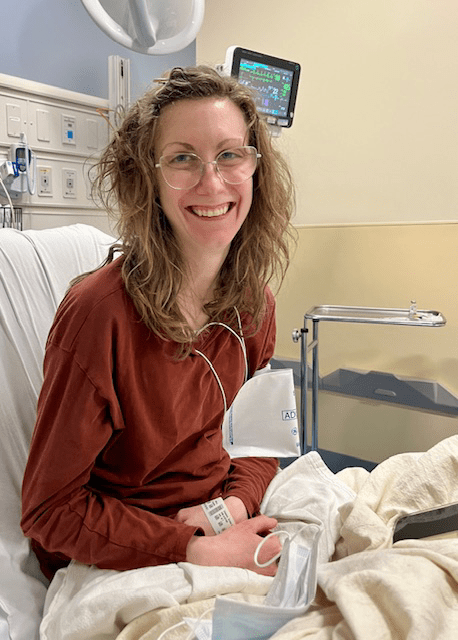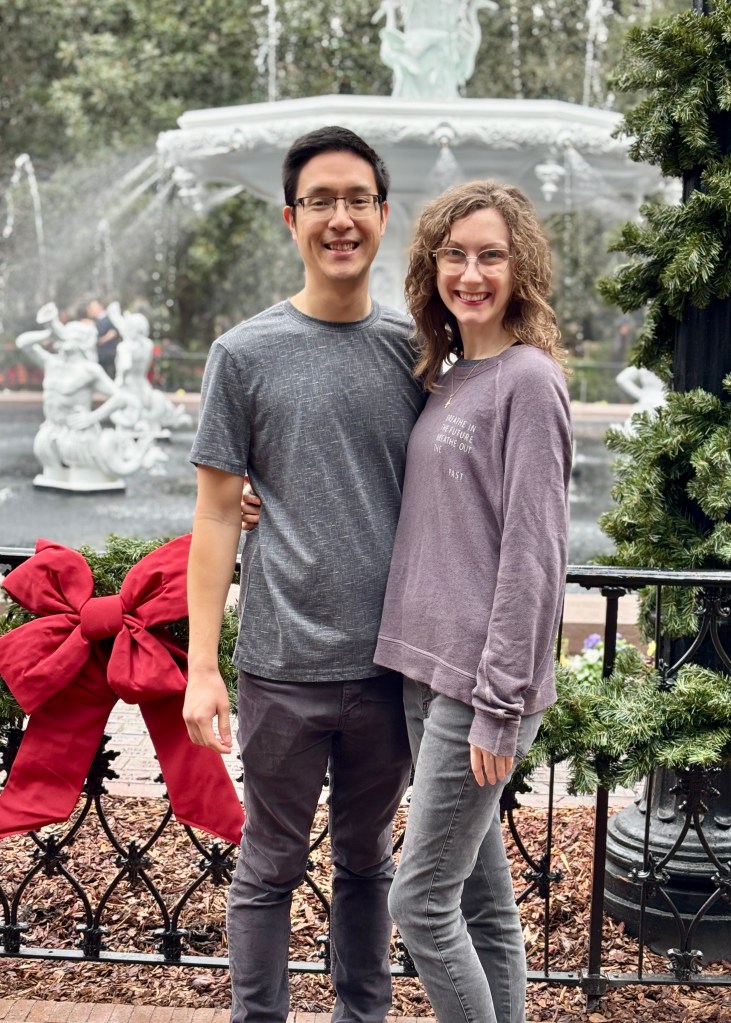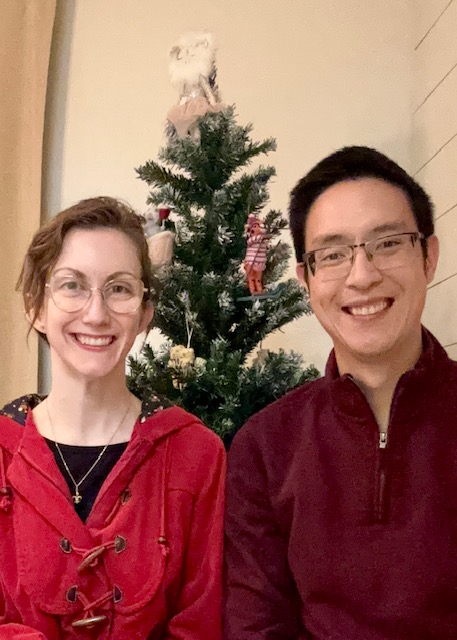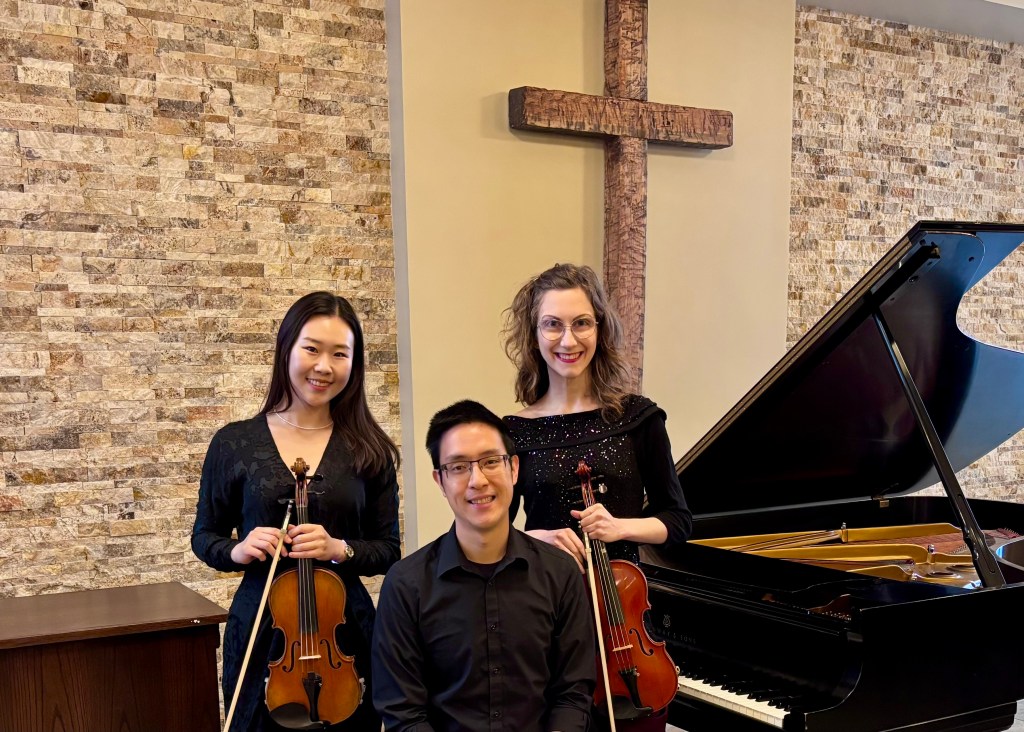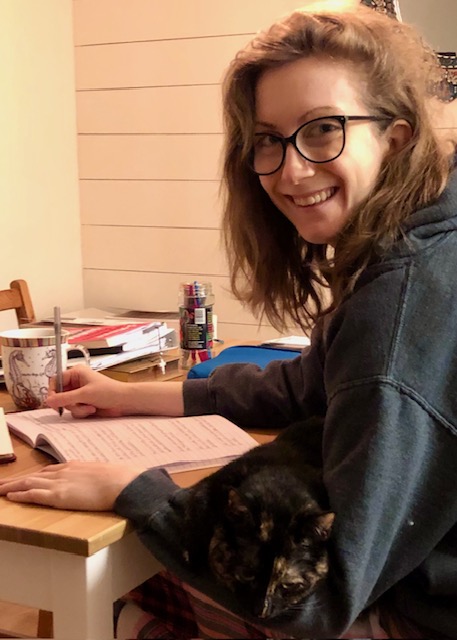
Good morning, Blogging Family! Thanks again so much for all your prayers over the past few weeks! It was also super encouraging for us to read the comments on my last post and learn ways that God has used Psalm 46 in your lives over the years. He truly is faithful!
Now that my hand is recovered, I wanted to give an update on what we’ve been up to this winter since the recital, as well as what we’re looking forward to the rest of the spring. It’s crazy to think that this time last year we were preparing to release our second book, Hello, God: Seeking the Lord When Words Fall Short, which drew on my personal experience of re-learning to pray after the brain injury. We’re both so grateful that God has opened the door for us to write two books about lessons He’s taught us from my accident, and continue to pray that He would use them for His purposes. Remembering what we were up to this time last year also explains what we’re currently pursuing!
First, based on my experiences sharing my faith in various hospital settings, as well as the journey we have shared with you all, I felt led to explore biblical counseling a few years ago. Due to a variety of factors, including writing two books in relatively short succession, counseling certification has not been something I mentioned here. Since January, I’ve been devoting the bulk of my energy to this ministry and have been blessed to see the Lord at work in people’s lives. I’ve also been very convicted about areas in which I need to personally grow as I spend time praying and preparing for sessions each week.
Although counseling is a major theme of my life right now, God is also being faithful in continuing to provide writing opportunities. Last summer, I got approved as a vendor for the San Jose Public Library, and loved teaching a fiction workshop last September. This April, I’ll be back to lead a poetry workshop. Although my published books have been nonfiction, I’m grateful to both SCAD and CalBaptist for challenging me to write in many genres while I was in school. So this is a huge blessing from the Lord because it challenges me to keep my writing skills sharp and allows me to continue teaching. I also see it as an indirect opportunity to witness because, although it’s a secular workshop, I can mention my own published work. 🙂
Finally, Ivan and I are grateful to have a couple of chances to share music and our testimony on the horizon. We loved sharing the history of violin with the Classical Conversations homeschool community last year, and are blessed to be returning in April, this time to talk about both violin and piano. We’re also excited to be partnering with a local small group to lead worship and share our testimony.
I’ll be posting more as we participate in some of these events. Thanks as always for your prayers and for walking with us!
